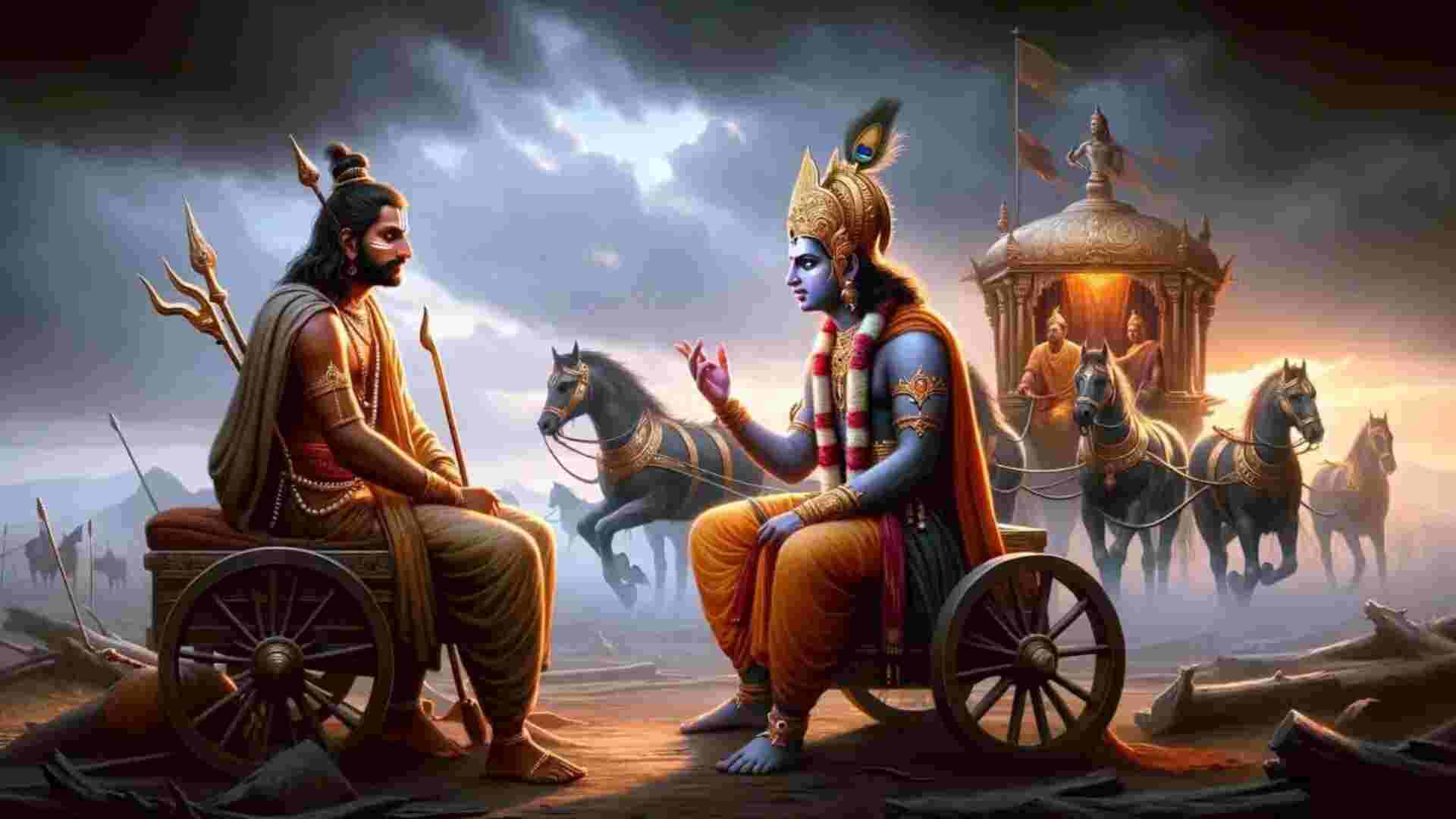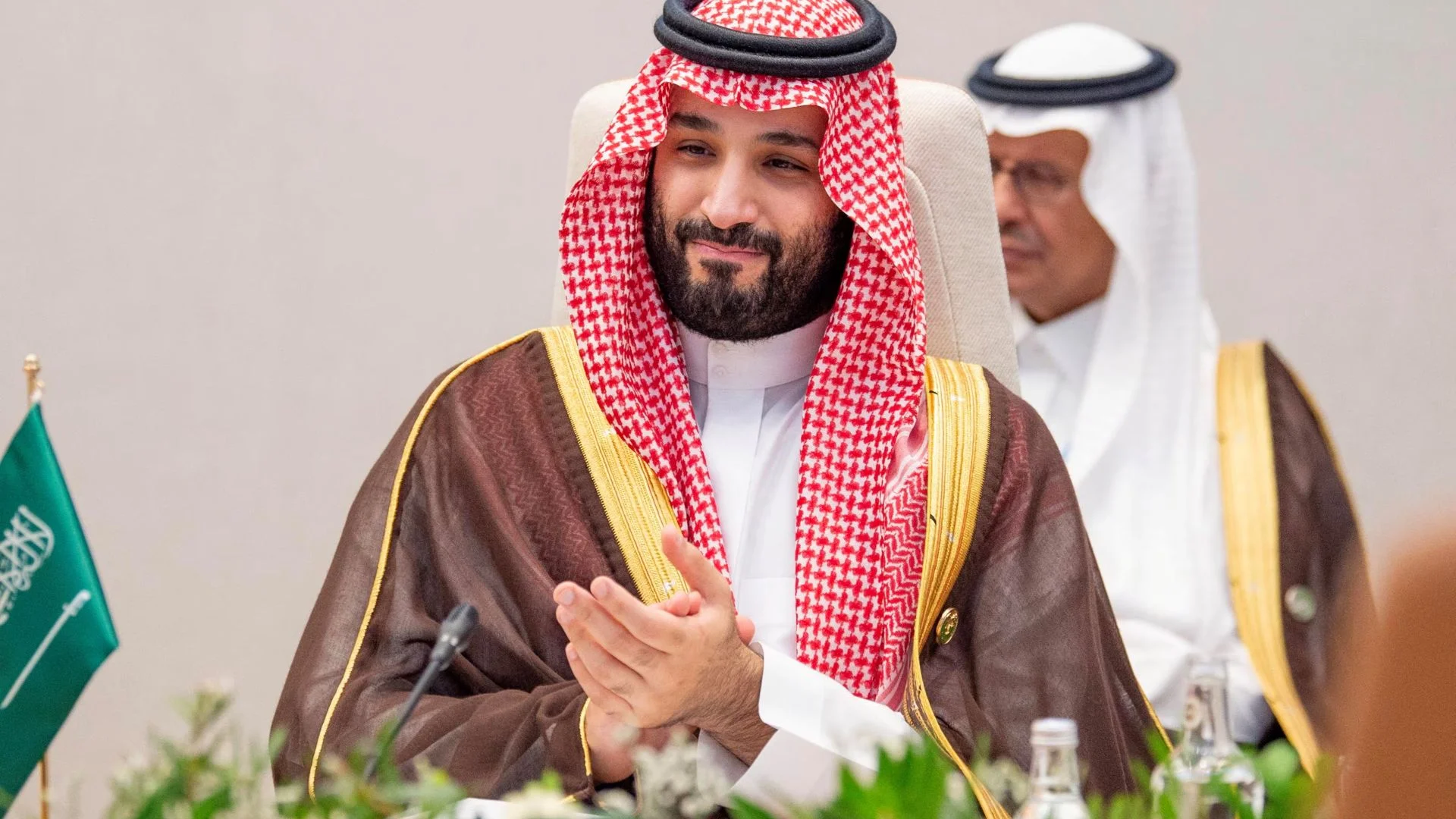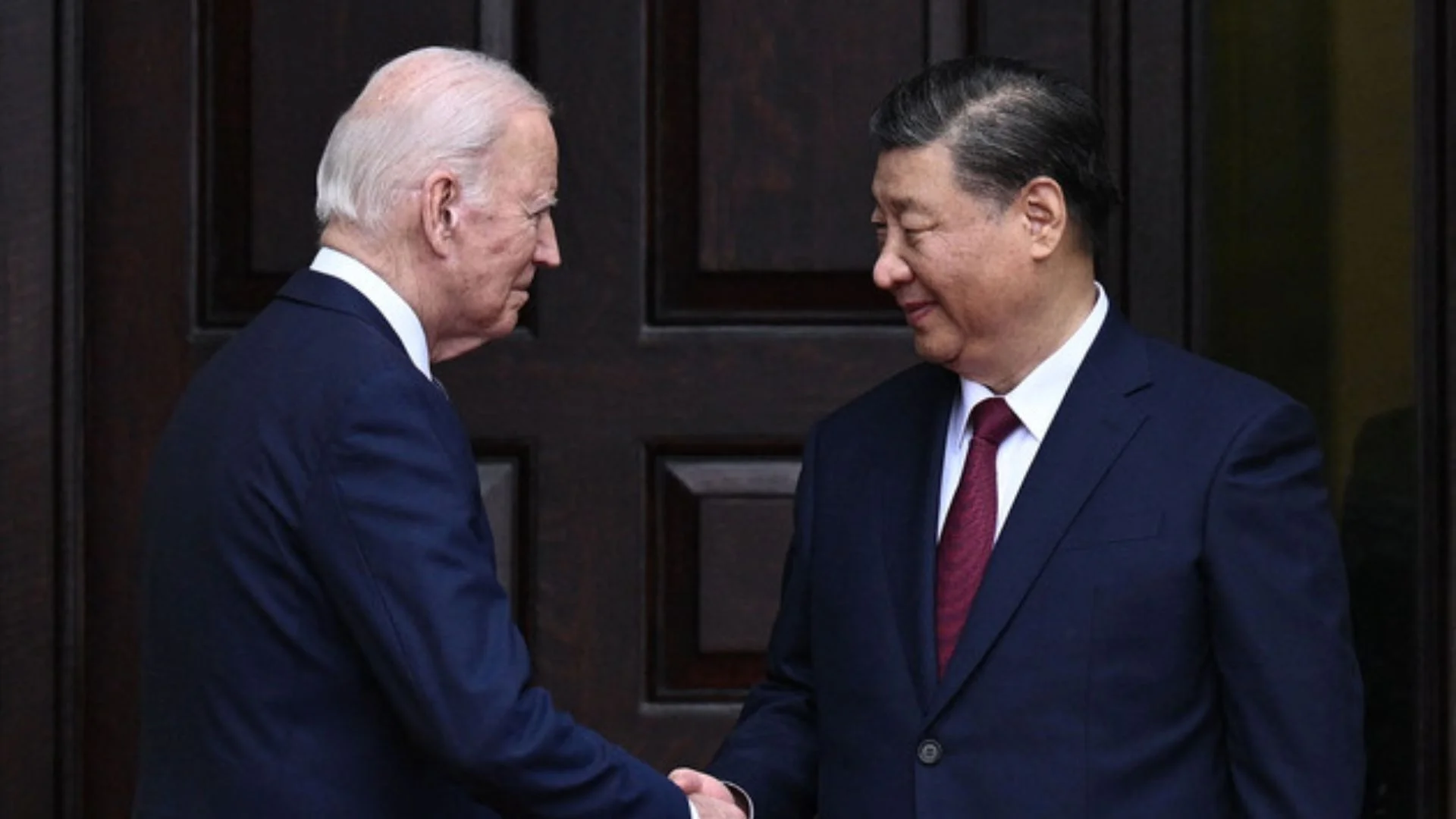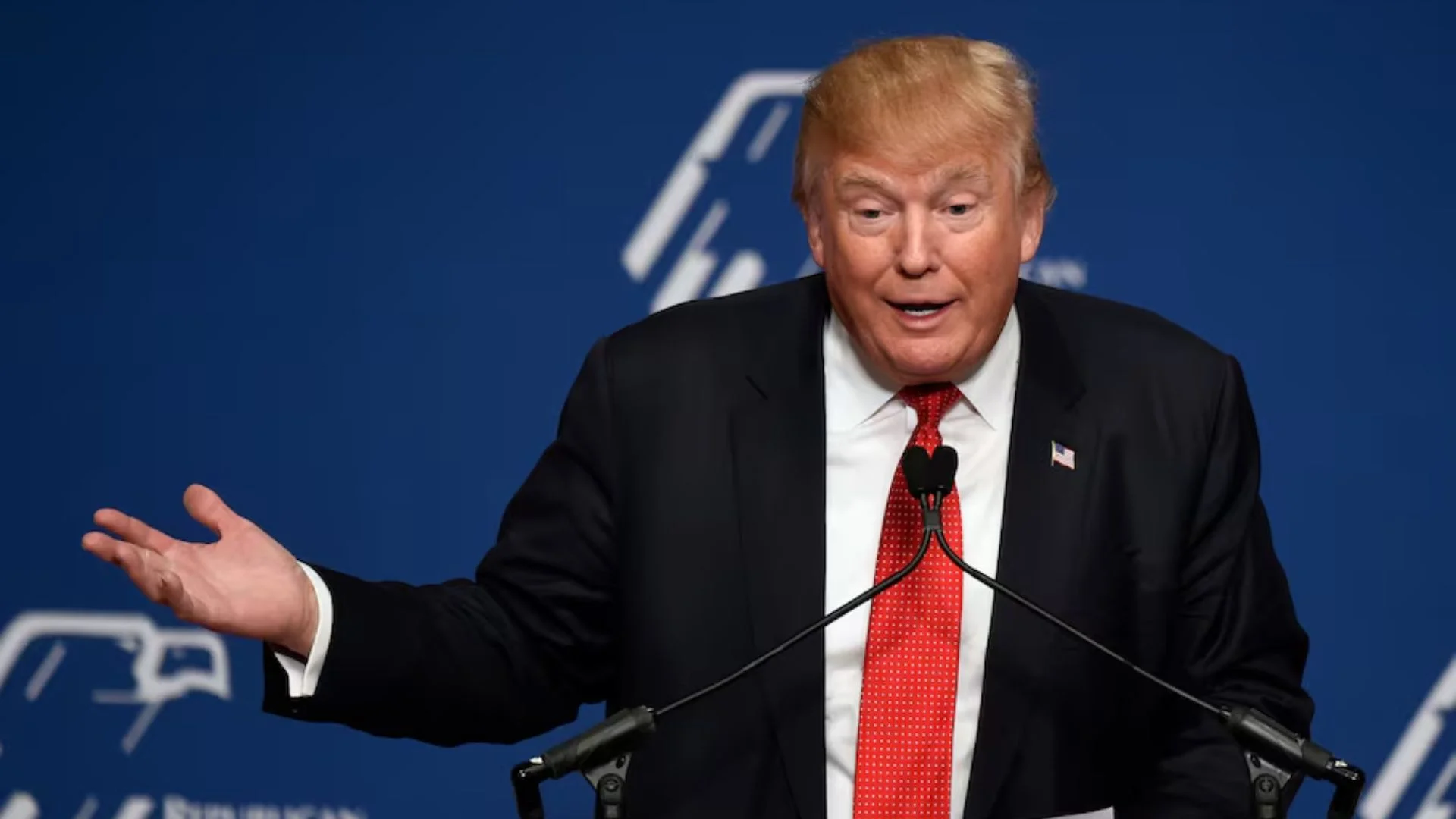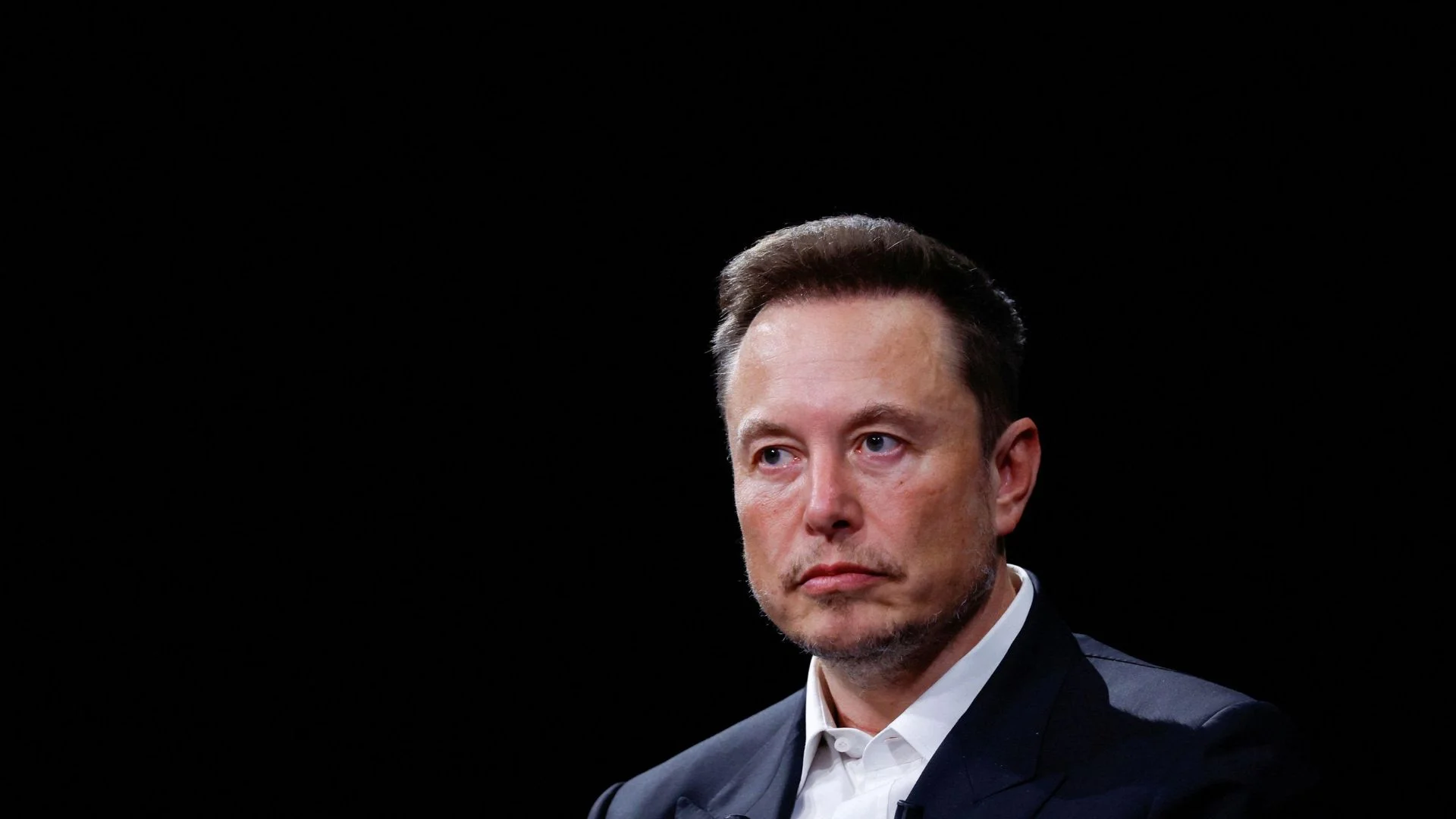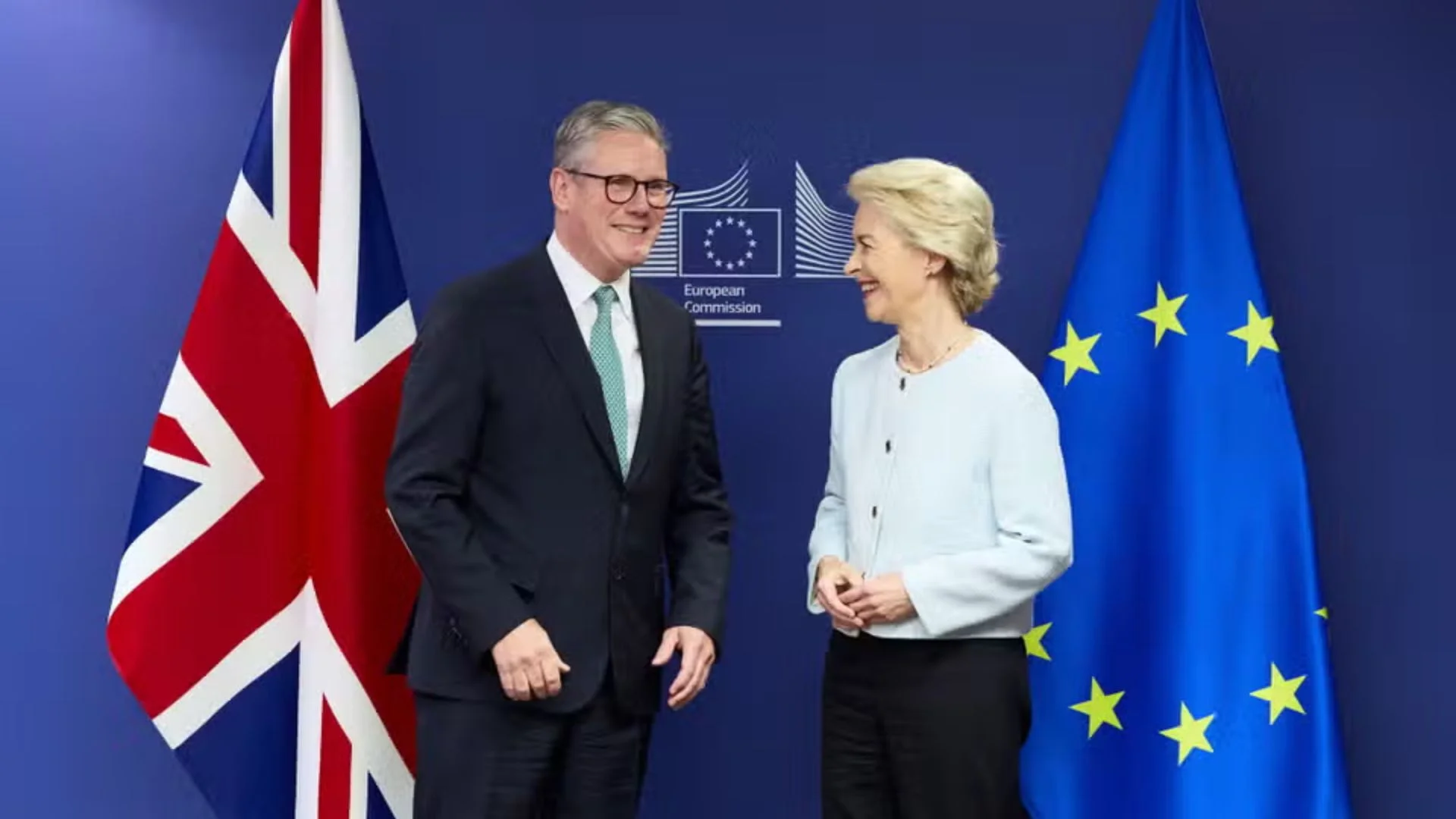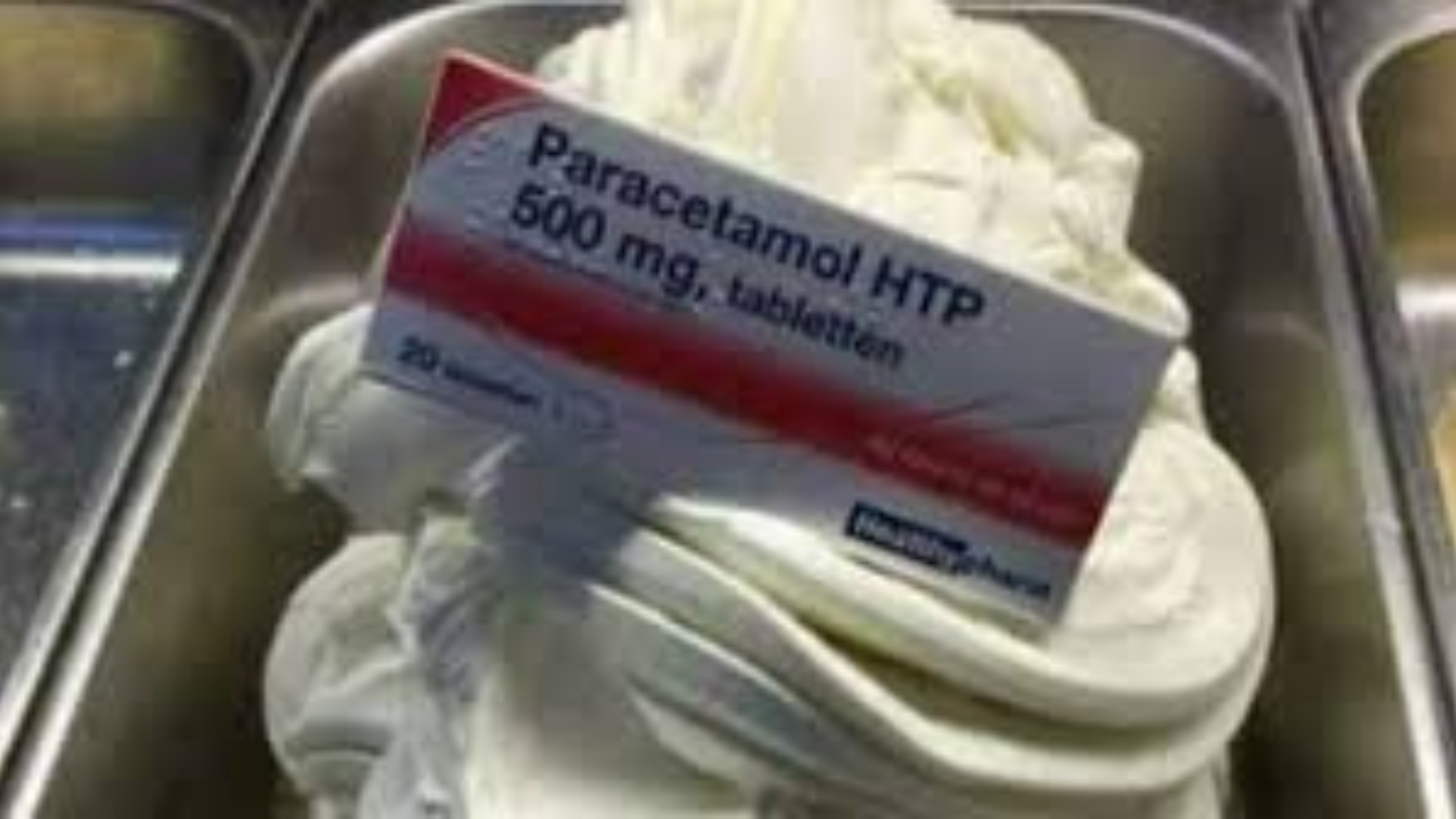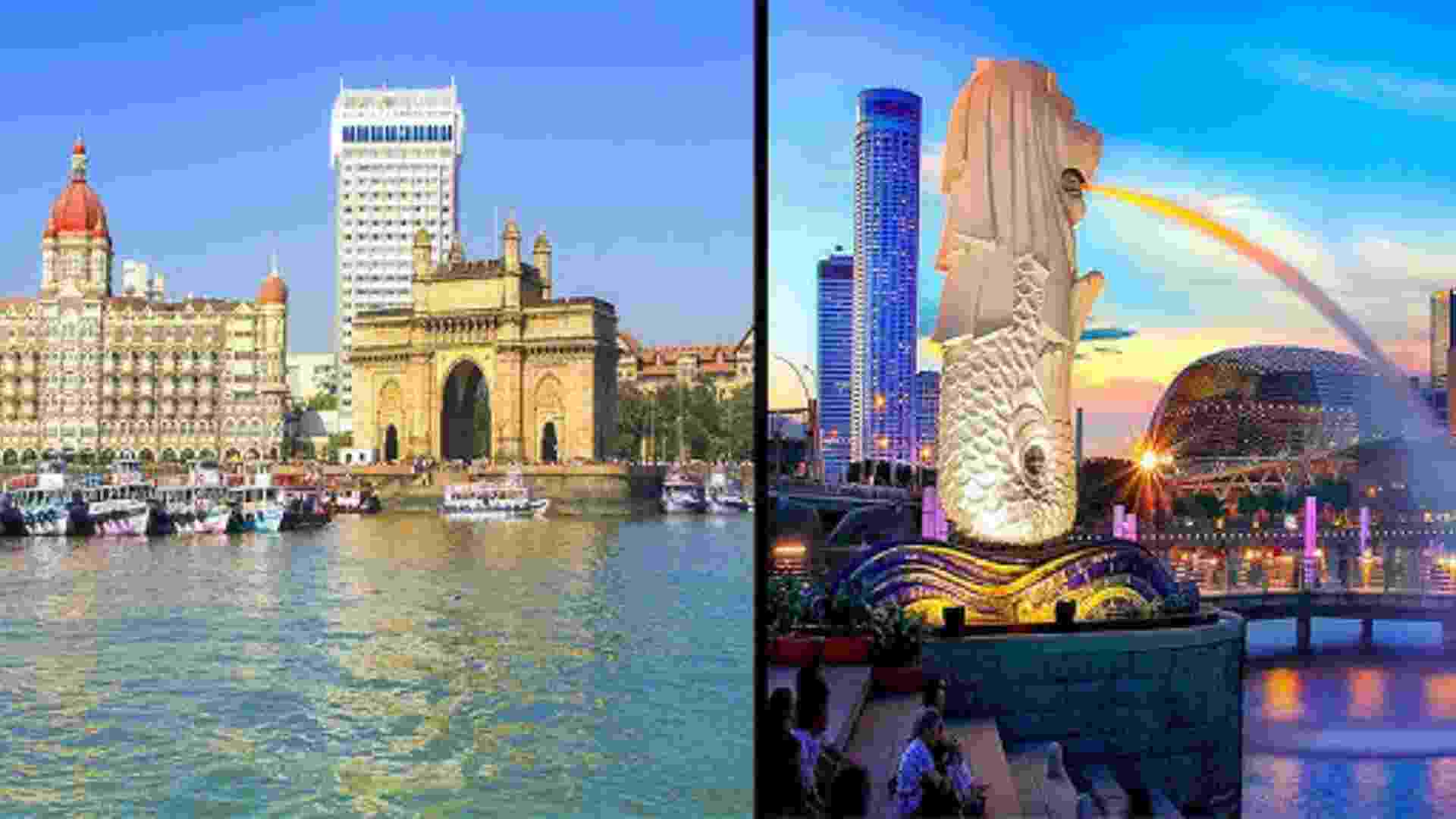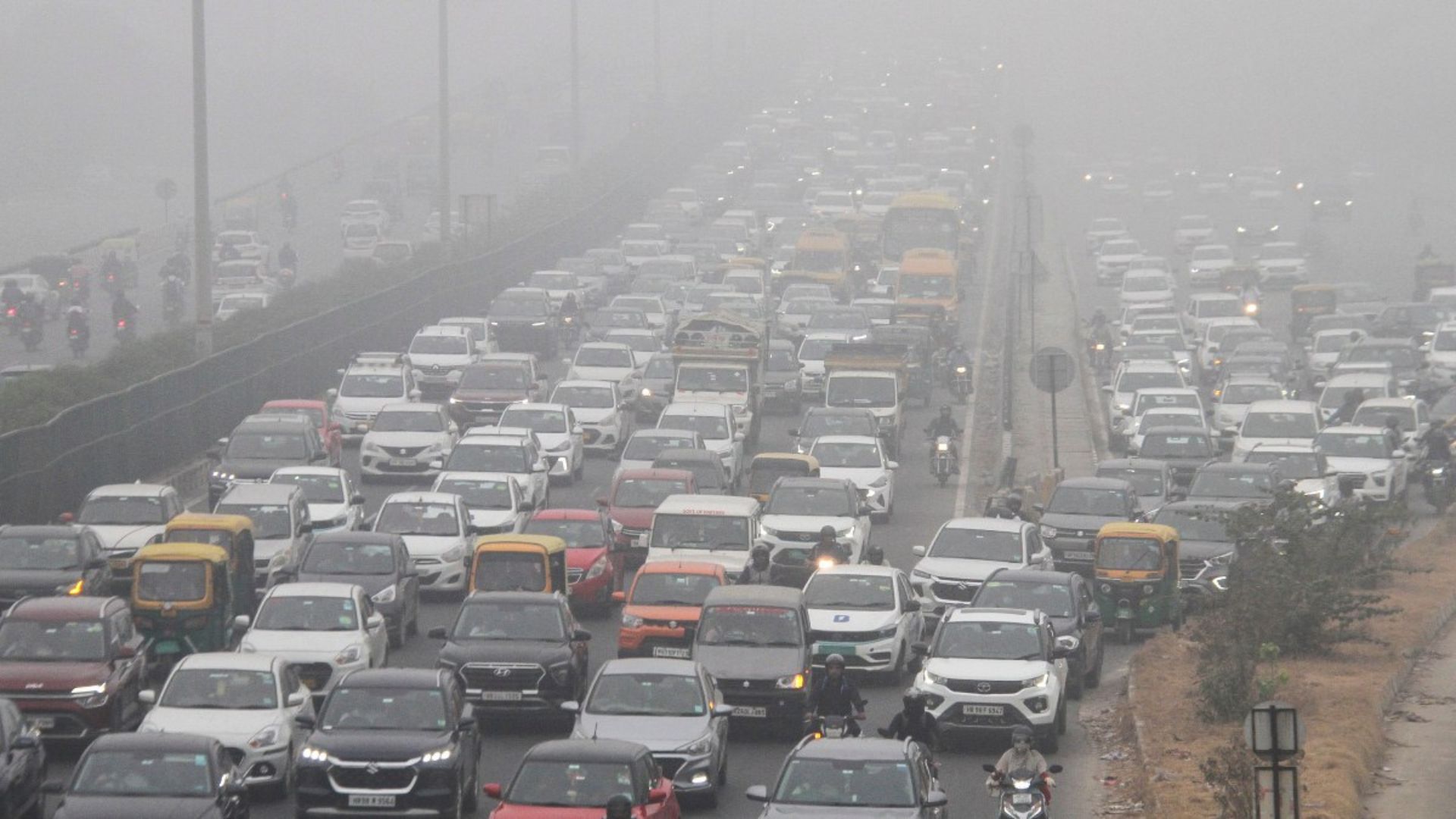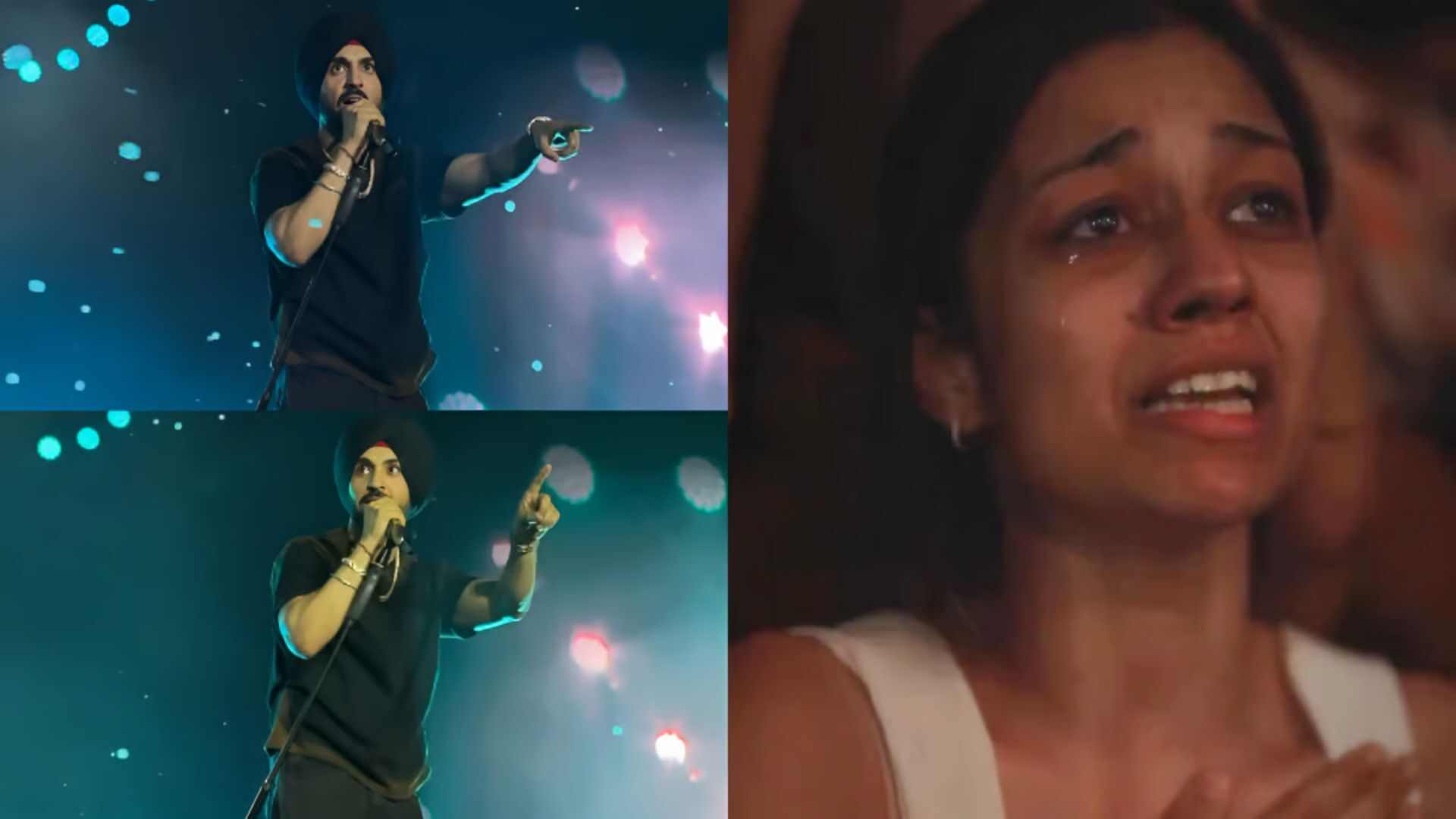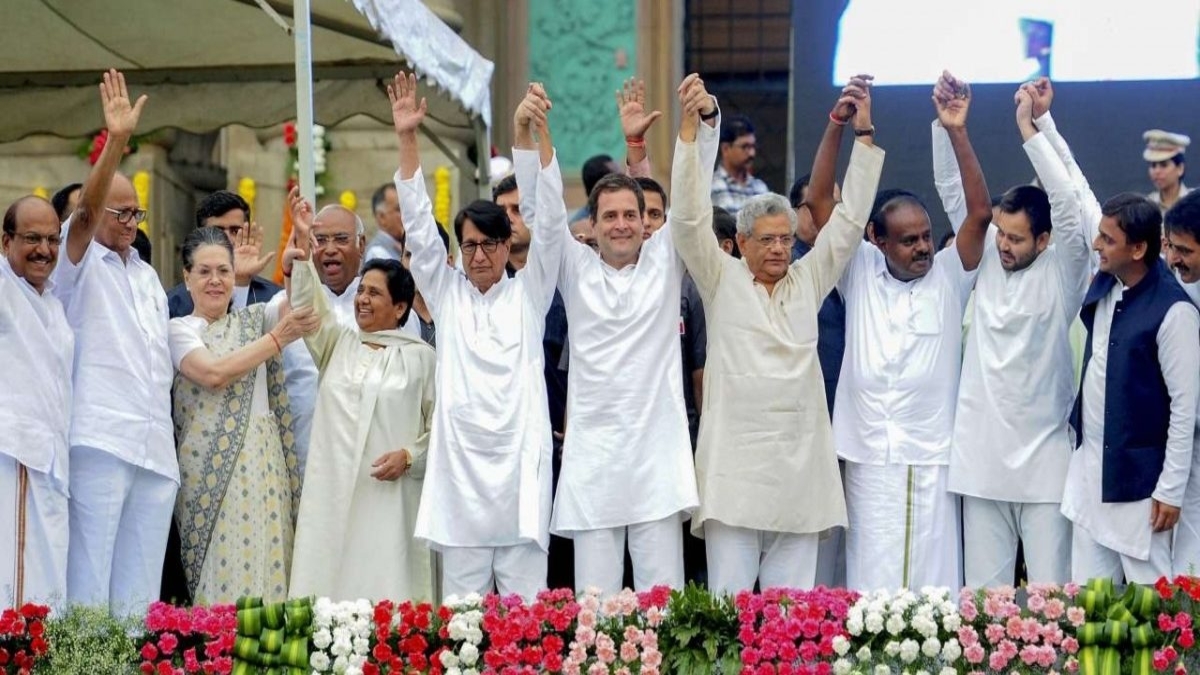
The Indian Opposition has failed the people. Bereft of ideas and somewhere having the ruling syndrome in them, they have become shadow ruling parties oblivious of the key issues and problems of the people.
It is indeed a critical economic situation where the opposition could not play the constructive role and if they did they were not impactful. This is just not only in the post-2019 situation but even the nation can trace it to their activities since Nov 8, 2016, when the demonetisation was announced. They did raise their voice but were unable to show the nation the way from which it could really move forward.
The opposition was on the back foot because they were in a dilemma whether they should whole-hog oppose the move or accept it. Their feeble voice could not impress that they were speaking for the people. The government communication was forceful and opposition only mewed against it.
Lakhs of people were standing in the queue, mostly from the lower economic strata. A bit better were able to replace their currency notes at discount giving rise to new middlemen. Many of the parties were in dilemma themselves as they had enough cash were suffering from the same “black money” syndrome. Strangely enough, till today, nobody has been able to explain what black money is. Is it the ill-gotten money through drug trafficking, gun-running and other illicit activities or just merely not paying tax on the income.
Suffering from guilt complex most opposition parties raised feeble, incoherent charges only strengthening the arguments of their rival among the people. The opposition did little to the farmers’ issue though it allowed some of them to seek new alignment.
Similarly, on issues of toll, entry fees to cities like Delhi, the Opposition remains silent on excessive toll charges on highways, high parking fees and train fares. It is oblivious that such illicit charges add to prices.
It appears that the opposition has stopped having rational thinking being in fear that they also have been ruling and “might” be at fault.
They even did not raise the issue of whether drastic economic decisions like note-ban should be taken unilaterally. They did not question the constitutionality of the move that had shaken the country. The government could always be on the right foot, but it is the opposition’s right to challenge each move. They even did not say that just in 2016, the economy had started taking a turn when it all ground to a halt.
Soon after in July 2017, the GST was brought in changing the entire gamut of the tax structure. Forget about their opposing it most state finance ministers felt they were running the country and took a decision that had again unshaken the foundation of the economy. It was surprising that a party that had blocked the GST when they were in opposition would be pressing for it. And the opposition parties once again showed their ‘ruling’ instinct by keeping the petroleum fuel out of the GST ambit. The people started taking the brunt as did the economy as soon after that both the states and the centre continued to hike taxes every other day. Today the opposition is trying to rake up inflation, price rises, difficult living conditions as the key election issues during the state election campaigns forgetting it is their doing.
The pandemic exposed how brittle the Indian economy is. While transportation cost went on going through the roof, people in a panic left their working places to reach back to the safety of their homes. They could not ride the trains that were cancelled in a few hours’ notice and nobody explained the reasons. The opposition party governments were virtually oblivious of the needs of about 18 crore migrants. Almost all be it Maharashtra, Karnataka, Andhra, UP, Rajasthan, Bihar or any other ruled by different parties behaved atrociously with the migrant workers.
So many people perished in the queues and a new phenomenon that came to light was that bank men themselves not only suffered the ordeal but also became middlemen themselves. They could not raise the voice for the small and medium industry, though the big ones also suffered, who had to bear a severe brunt.
Pandemic exposed the severe weaknesses of the health sector. Either it was too inadequate, too expensive and chaos extending from ambulances to cremation grounds. The chinks of every opposition government came to the fore.
Amid pandemic as the NEP came, the opposition virtually gave it a pass without discussion. The degree course duration is increased to four years to attune it to the US system. The nation does not know that the US “degree mills” –largely institutions of not so repute – provide degrees on a platter. Let us recall the opposition stalwarts like socialist George Fernandes or Congreess’ Tarakeshwari Sinha who opposed linking graduation degree to a job as it delayed their employment by two to four years in the 1960s.
The nation is committing similar follies now. They did not try to find out the fault lines. Not to blame anyone but it has many, particularly the stress on PhD, terming it as research. Even at present many syllabi are for 2.5 years but given a degree after three years. The opposition neither read the NEP nor tried to study its implication. But teachers know that students are unable to pay even moderately charged government universities. Apart, now students would remain away from the job market for one more year and technically there would be fewer jobless.
Despite a painstaking effort, any good product can have faults. The NEP is faulted for trying to align Indian education to that of the West. No educationist explains why India should have to increase terms to suit the western needs. Let India have a 14 to 15-year education with one-year masters and alongwith degrees making diplomas more meaningful. The advantage is that more courses could be studied simultaneously. The West could follow us.
The West is discriminatory. They admit, say for the dental course, a student with Indian bachelor’s degree-BDS, to the masters course, because the Indian pays to them, but denies jobs because “Indian BDS is inadequate”. The opposition has to rake this up to correct the NEP.
Let us bring back the opposition glory of yesteryears when there used to be vibrant critics even within the ruling Congress. The ruling NDA may be doing fine but an analytical opposition could sharpen that approach. The New Year can begin with this resolve.
